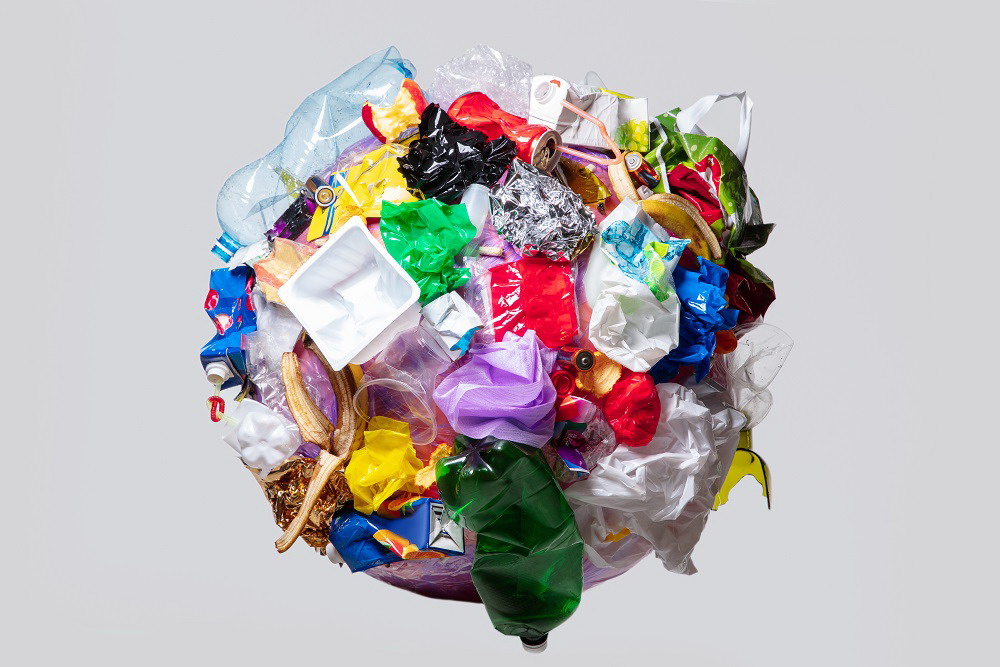
Business Insider published an article in mid-September 2021 discussing the role corporate America has played in creating what amounts to a global waste crisis. The authors of the article focus entirely on corporations as though business is the only culprit here. The article never delves into the role government has played in creating this alleged crisis.
Corporations are easy targets because they rarely fight back. Instead, they just changed their marketing messages. When necessary, they raise prices to cover efforts to keep their critics happy. It is a vicious cycle that never seems to end. But big business is not solely responsible for the amount of waste that flows into landfills every year.
Keep America Beautiful Campaign
A favorite target of corporate America’s critics is the Keep America Beautiful campaign and its ‘Crying Indian’ commercial that was plastered across TV screens in the 1970s. Critics love to point out that the Keep America Beautiful nonprofit organization was funded by big business. That is only half true.
Yes, companies like Owens-Illinois and Continental Can Company were involved with Keep America Beautiful. But they were not alone. The organization was founded in 1953 by a consortium of dozens of companies, nonprofit organizations, government agencies, and individual volunteers.
It turns out that the now famous Crying Indian ad was developed in concert with the 1971 Earth Day celebration. Like it or not, Earth Day is a direct product of the United Nations and UNESCO. The message to fight litter and pollution was not merely a campaign by corporations to avoid producing fewer single use items. The United Nations and UNESCO actively participated. So did countless government organizations – including public schools – across the U.S.
The Big Tobacco Comparison
The same critics who blame corporate America for the waste crisis love to compare the plastics industry with the tobacco industry. They claim big plastic is now using the same tactics big tobacco used to keep their products on the market despite knowing that smoking was dangerous.
Once again, they completely ignore the government’s role. Even today, federal and state governments are not willing to do much more to reduce smoking rates any further. Why? Because the landmark tobacco settlement reached in 1997 continues to send millions of dollars to state coffers every year. As for Washington, they continue to reap huge revenues from federal tobacco taxes.
While activists love to blame tobacco companies, the government does not want to see smoking extinguished because they cannot afford to lose the money. That is likely why they took such a hard stand against vaping when it first came to the U.S. Smokers leaving tobacco and switching to vaping products would mean a huge dent in government tax revenues and tobacco settlement money. They couldn’t have that, so they demonized vaping instead.
Recycling Can Work
The fact of the matter is that the alleged waste crisis does not need to continue, if it even exists. Recycling can work, as evidenced by the fact that commercial plastic waste is routinely recycled by companies that make a tidy profit doing so. Tennessee’s Seraphim Plastics is a good example. Commercial plastic recycling works because it’s done the right way.
We can continue to blame corporate America for all that’s wrong in the world. It is the fashionable thing to do. But until the same critics are willing to accept that government is equally guilty, no real solutions will be found. You can compel businesses to change their practices. Government does what it wants to do. Unfortunately, government doesn’t want to actually solve problems. Problems are what keep them in power.



